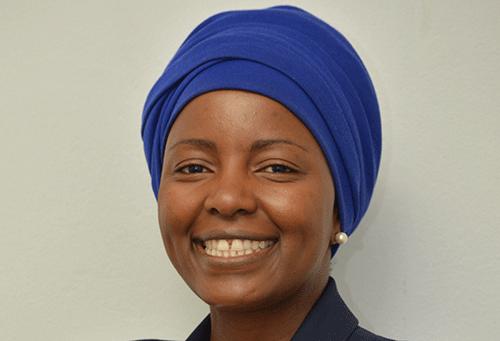Menare Royal Mabakeng
Namibia can secure housing provisions for low-income residents by applying social capital in the project development and implementation process. Social capital refers to accessing resources within a social network for individual or community purposes.
It facilitates collaboration among members of a group, who share common objectives. Social capital represents an invaluable, albeit often overlooked, factor of production.
Unlike traditional financial institutions that offer loans, social capital cannot be acquired through such means.
It is a connecting force, uniting individuals from similar backgrounds within and across neighbourhoods, and becoming a shared asset for entire communities.
The past public demonstrations on youth unemployment that have taken place in Namibia were spearheaded by individuals who used their social capital for the collective good to bring prominent issues to the attention of policymakers.
Improving the informal settlement situation also requires the action and organisation of large groups of people.
Most informal settlement residents have limited access to essential services and are at the mercy of the negative impacts of climate change – floods, increased cold temperatures and high heat during summer; their residential structures cannot provide adequate protection.
Securing land rights for all urban populations living in informal settlements requires a high investment in time from everyone involved in the development process.
Officials need to be available after working hours and on weekends to facilitate community meetings, and residents need to be available after working hours and on weekends to share their ideas and strategies for implementing informal settlement upgrading in a participatory manner.
All these would require a higher investment in human resources; using social capital can be what helps us to ensure interventions are delivered at speed with reduced cost for government and residents.
Investment in the delivery of electricity is often quicker to implement, and it enables positive outcomes for residents.
The demand for electricity, water and sanitation facilities will continue to increase with the growth of informal settlements.
Despite its small population, Namibia faces challenges in addressing land rights for informal settlers, a problem that should ideally have been easy to resolve.
I argue that as a nation, we have extreme amounts of social capital that we can leverage, such as by having organised communities working together to identify their development priorities and getting timely replies from government officials on budgets and technical support.
One example that has worked well for the past 20 years is the Community Land Information Programme (CLIP) of the Shack Dwellers Federation of Namibia.
Through CLIP, communities create platforms for collecting data about their living conditions and positively engage in development discussions that lead to practical interventions.
Government can scale up with increased involvement from organisations, such as churches, educational institutions and the private sector.
In addition, government can leverage the technical skills in the public and private sectors to install services and communities to map and record evidence of land occupied by residents.
Most importantly, it is essential to build trust between local authority councillors, officials, community members and national government officials.
Trust is one of the most critical values in social capital, as it enables people to use their time to meet project goals with the mere expectation of bringing positive change to their communities.
To initiate the scaling-up process for housing delivery by upgrading informal settlements, we should prioritise fostering a more substantial political commitment to social capital.
* Menare Royal Mabakeng is a Land Administration lecturer in the Department of Land and Spatial Sciences at the Namibia University of Science and Technology. Her research is at the intersection of people, land, open data and development. The opinions expressed in this piece are her own.


